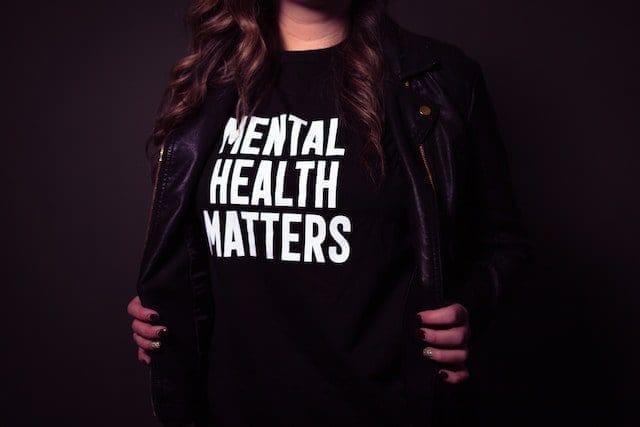Discrimination stings—there’s no sugar-coating that. Whether it’s based on your race, gender, sexuality, or any other part of your identity, it can cut deep and leave emotional scars. We all know that, unfortunately, change doesn’t happen overnight. But while the world is working on catching up, how do you protect yourself? Let’s dive into some practical ways to deflect stress and reduce the mental toll of discrimination because protecting your mental health is not just important—it’s essential.
Recognize Your Feelings First
It seems so much easier to want to push it all down when discrimination occurs. Perhaps people have told you not to take it personally or that this is not a big deal, but it is that big of a deal. And it doesn’t make the pain go away just because one ignores it. In fact, bottling it up makes it worse. So take a moment and sit in your emotions. Feel angry? Hurt? Frustrated? That is okay. Being aware of these feelings may be the first step to healing and prevention of any build-up of stress.
Lean on Your People
Ever noticed how much lighter things feel when you share them? That’s where a strong support system comes in. Whether it’s your family, friends, or a trusted co-worker, talking about your experience can ease that emotional burden. They might not have all the answers, but sometimes, just feeling heard is enough.
Mindfulness Is Your Friend
Now, about mindfulness, it’s just not for yogies and those with meditation applications. Stress strikes, and sometimes being brought back to the present helps. Breathing exercises or short meditations, or even mindful walks, clear your mind when you’re feeling overwhelmed.
Don’t Be Afraid to Get Professional Help
We’ve all been there—thinking we can handle it all on our own. But sometimes, the weight of discrimination can get too heavy to carry by yourself. And that’s okay. Seeking help from a therapist who understands the nuances of discrimination can be a game-changer. They can help you process the trauma, reframe harmful thoughts, and build resilience.
Set Boundaries, Loud and Clear
Setting boundaries is hard but necessary. Sometimes, you need to draw a line in the sand, even with people you know well. If someone crosses that line with their comments or actions, don’t be afraid to let them know it’s not okay. It’s uncomfortable, sure, but it’s also empowering. You’re letting the world know that you value yourself enough to demand respect. Over time, this can reduce stress because you’re taking control of the situation instead of letting it control you.
Channel Your Energy into Something Positive
When discrimination starts to wear you down, finding purpose can be like discovering a hidden reservoir of strength. Maybe it’s volunteering for a cause you’re passionate about or getting involved in activism that speaks to you. Channeling your frustration into something that feels meaningful not only helps others but also gives you a sense of control.
Even in unexpected places, like the automotive industry, companies are starting to shift toward more inclusive practices. For example, Big Motoring World has begun recognizing the importance of diversity, proving that change can happen even in spaces you might not expect.
It is a process towards protecting your mental health against discrimination. You are not going to fast-forward through it, and you know what? That is okay. What is important is you putting yourself first, setting boundaries where needed, and leaning on the people and resources available to you. You deserve peace, and that is definitely worth fighting for, no matter how long it takes.


